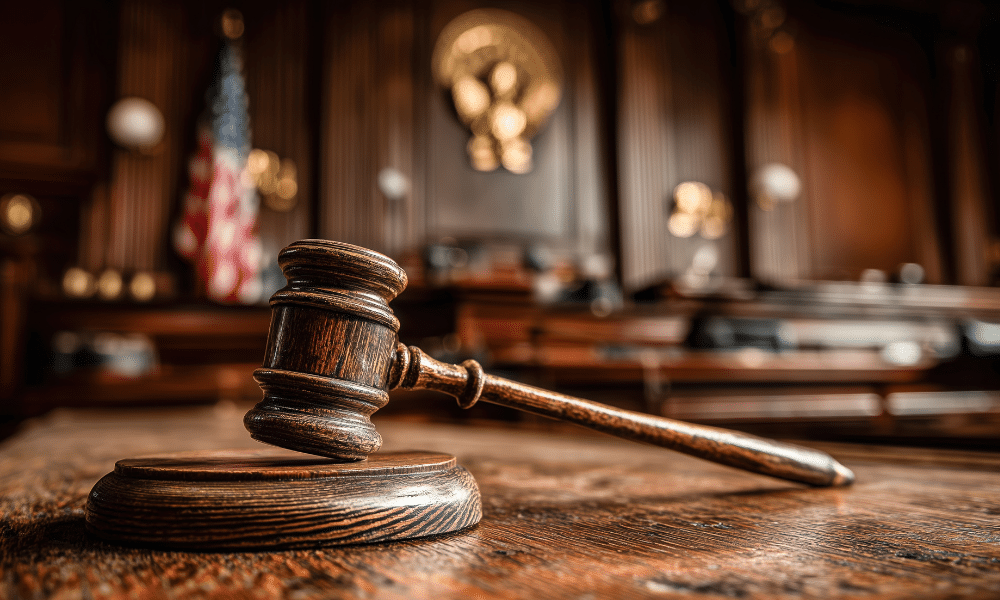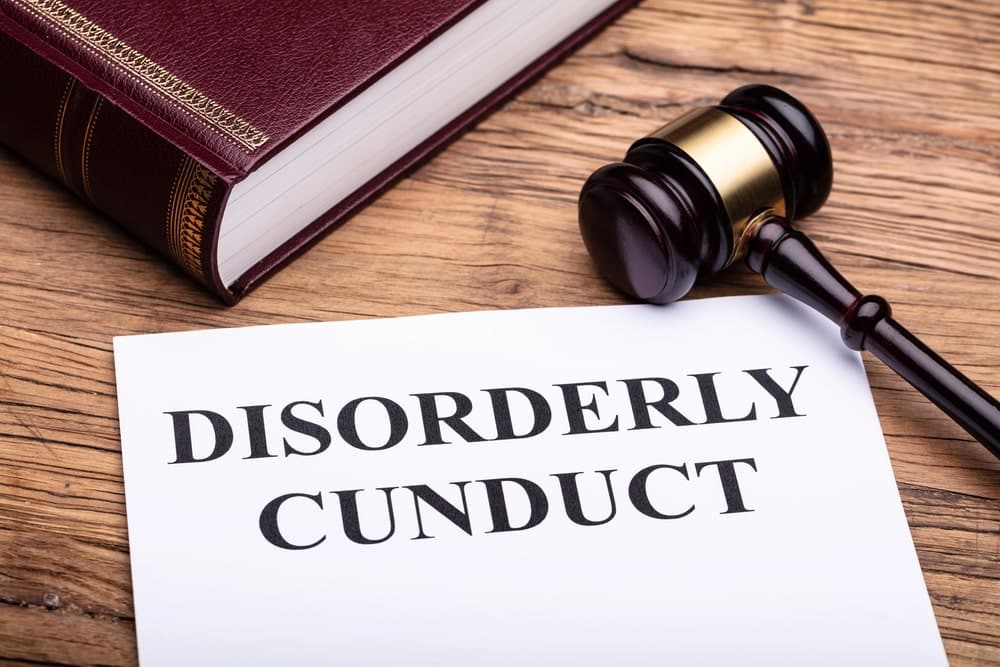What Is a Motion to Suppress in Maine Criminal Cases?
A motion to suppress is a powerful legal tool used in Maine criminal defense cases to challenge the admissibility of evidence that may have been obtained unlawfully. Commonly filed before trial, this motion argues that evidence—such as statements made to police, results of field sobriety tests, or seized physical evidence—should be excluded if it was gathered in violation of your constitutional rights. In OUI and drug-related cases, suppression hearings often focus on whether law enforcement had reasonable suspicion or probable cause to conduct a stop, search, or arrest.
If the judge grants the motion, the prosecution may lose a critical piece of its case, which could lead to a dismissal or significantly improved plea deal.
Call 207-571-8146 or contact us online to schedule a consult with one of our highly skilled criminal defense & OUI, DUI, DWI lawyers, serving Maine, today.
Table of Contents
Legal Standards for Suppression in Maine
Under Maine law, police must meet specific legal thresholds during an investigation:
- Reasonable Suspicion: This is required for an initial stop or detention. It’s a low threshold but must be based on specific, articulable facts suggesting criminal activity.
- Probable Cause: A higher standard, needed to justify an arrest or a search without a warrant.
- Consent or a Valid Warrant: For searches of vehicles, homes, or personal belongings, consent or a lawfully issued warrant is typically required.
In a motion to suppress hearing, your attorney will present arguments and cross-examine witnesses—often the arresting officers—to determine whether these legal standards were met. If the court finds the officer overstepped constitutional bounds, the evidence can be thrown out.
What Happens If You Lose a Motion to Suppress in Maine?
Even if the judge denies your motion to suppress, the case is far from over. You still have important legal choices ahead:
- Negotiating a Plea Agreement: Following an unsuccessful motion, your defense attorney may be able to revisit negotiations and seek a more favorable resolution, such as a reduced charge or alternative sentencing.
- Proceeding to Trial: If the plea offer remains unfavorable, and trial issues remain strong, it may be worth taking the case to court. In Maine, many criminal cases have been won at trial despite early setbacks in suppression hearings.
Ultimately, the decision to proceed or resolve a case belongs to the client, but should always be made with the guidance of an experienced defense lawyer familiar with Maine’s criminal courts and judges.
Strategic Defense Matters — Know Your Options
Motions to suppress are more than just legal filings—they are often the first major turning point in a criminal case. If you’re facing criminal charges in Maine and believe evidence against you was obtained unlawfully, it’s critical to consult with a seasoned criminal defense attorney. At The Maine Criminal Defense Group, we evaluate every case for constitutional violations and aggressively challenge improper police conduct to protect your rights and your future.
Call 207-571-8146 or contact us online to schedule a consult with one of our highly skilled criminal defense & OUI, DUI, DWI lawyers, serving Maine, today.
Blog Articles

If you are charged with a crime in Maine, going to trial is just one of the possible outcomes. In fact, around 90 percent of criminal cases in Maine are[...]

Defendants in criminal cases typically have four options for resolving their case if the charges are not dismissed: Plea negotiation, where the defendant agrees to plead guilty (or no contest)[...]

Many people are unaware that it is a criminal offense in Maine to make a false report of an emergency that causes public alarm. Even those who are aware of[...]

A criminal conviction usually appears on criminal records for life in Maine, potentially impacting the individual’s employment, education, travel, housing, immigration status, and more. However, certain low-level misdemeanor convictions can[...]

The legal term for sentencing a convicted criminal is not required to serve is called a suspended sentence. A suspended sentence is handed down during the sentencing portion following a[...]

If you receive a traffic ticket in Maine, you may be facing far more than demerit points or an administrative penalty. You could be facing criminal sanctions and a permanent[...]

In Maine, disorderly conduct laws effectively make disturbing the peace a criminal offense. While disorderly conduct is considered one of the least serious offenses under Maine’s Criminal Statutes, it can[...]

Any criminal charge for a drug-related offense is a serious matter in Maine,but how consequential the outcomes can get may depend on whether the charge is filed at the state[...]


Self-defense laws in the U.S. are complex, vary from state to state, and are often misunderstood. “Stand your ground” laws allow an individual to use deadly force in self-defense in[...]
